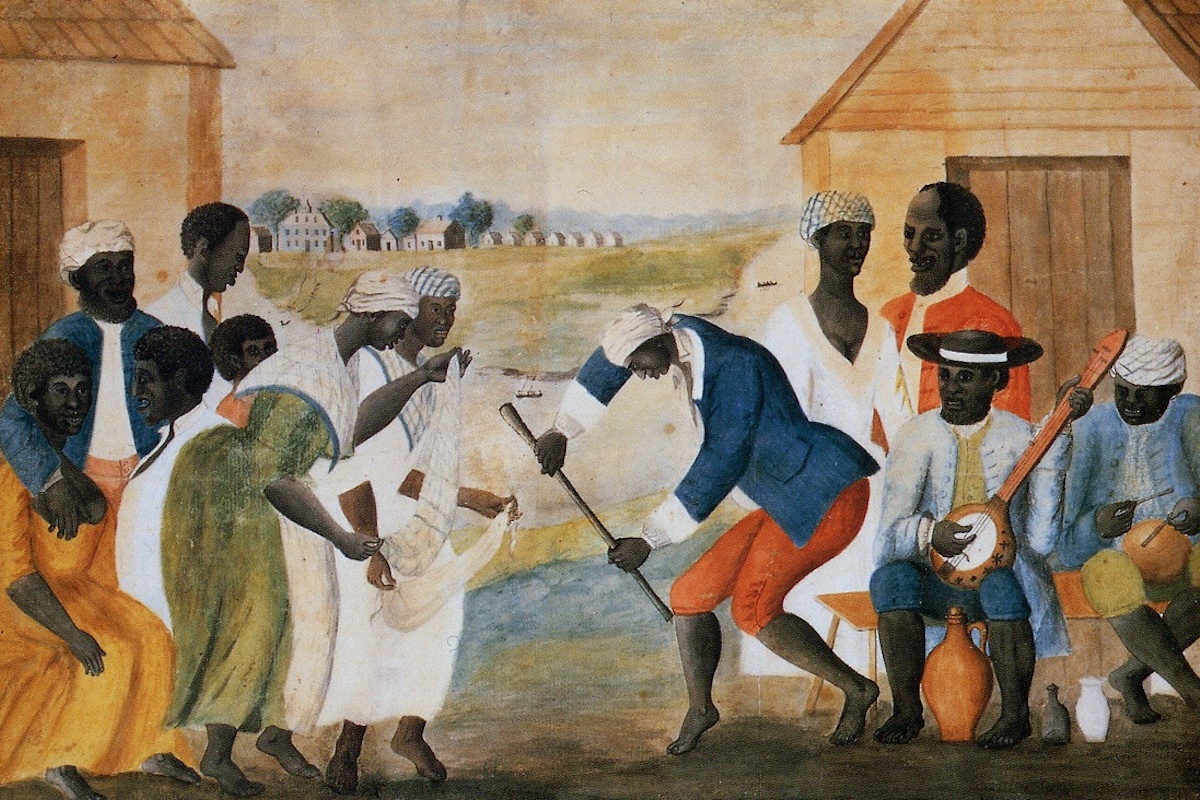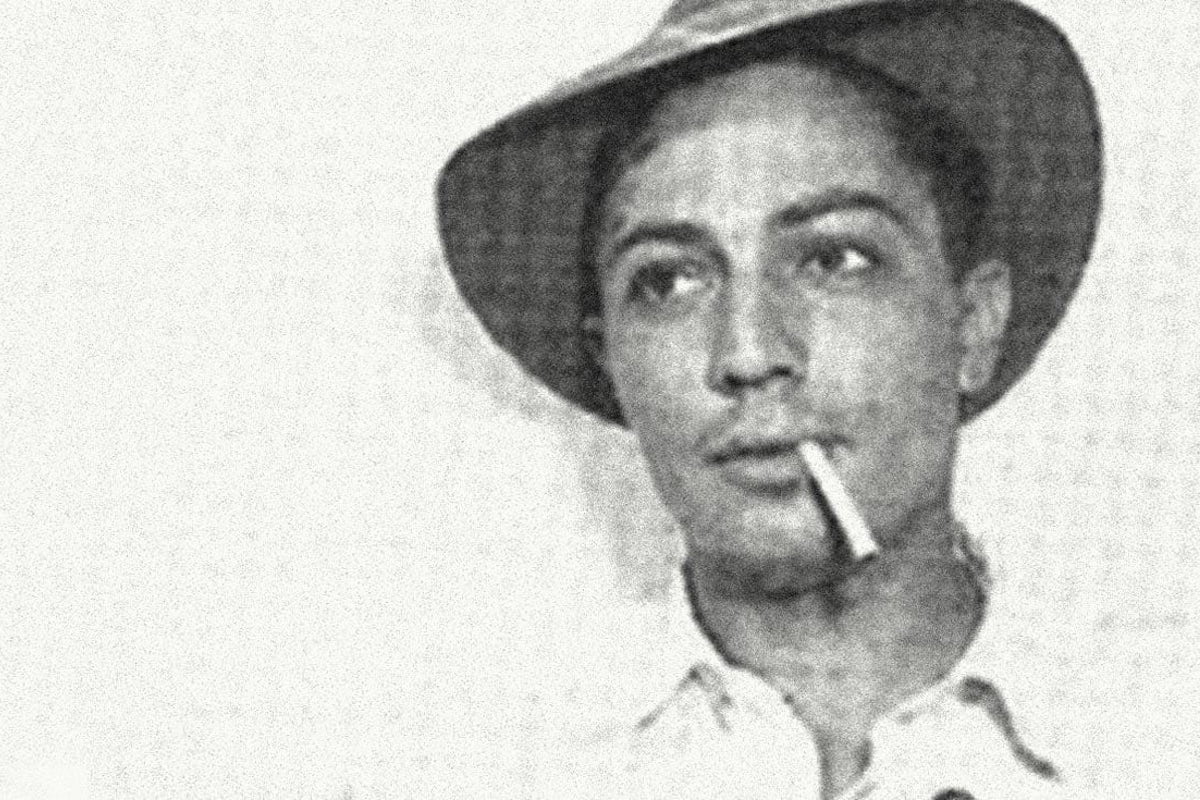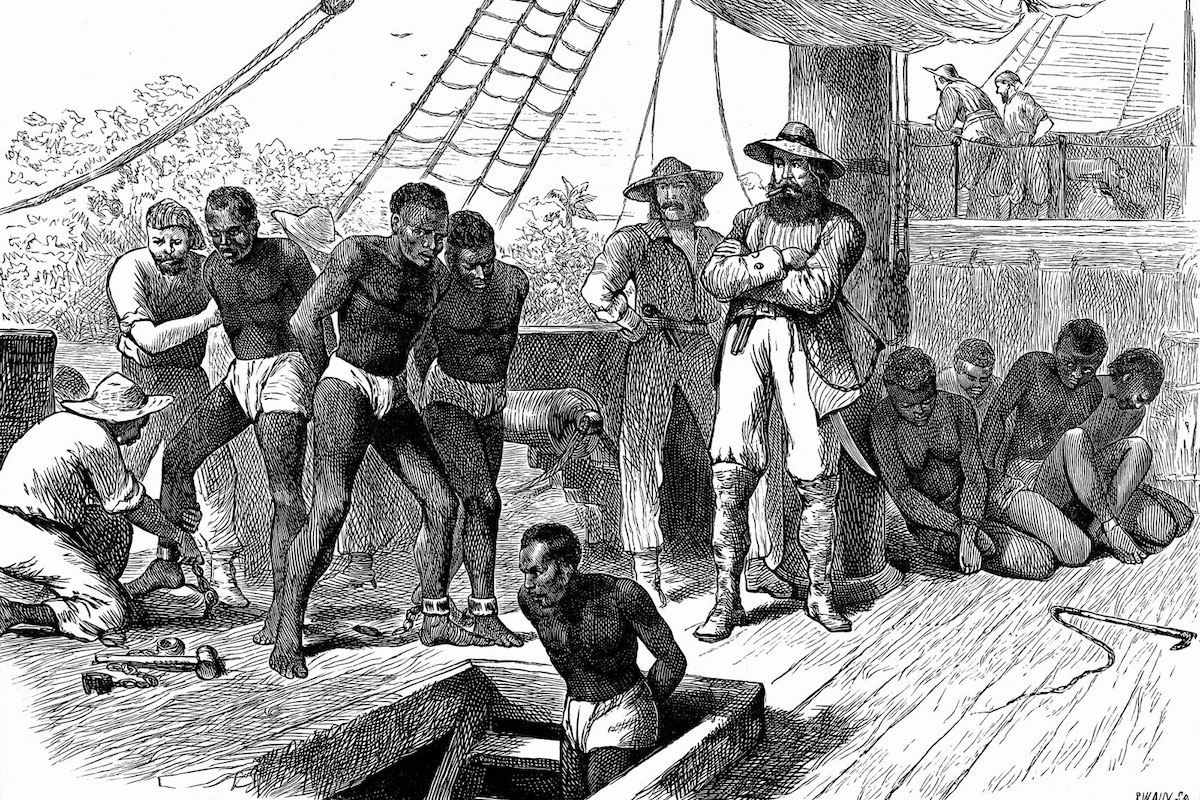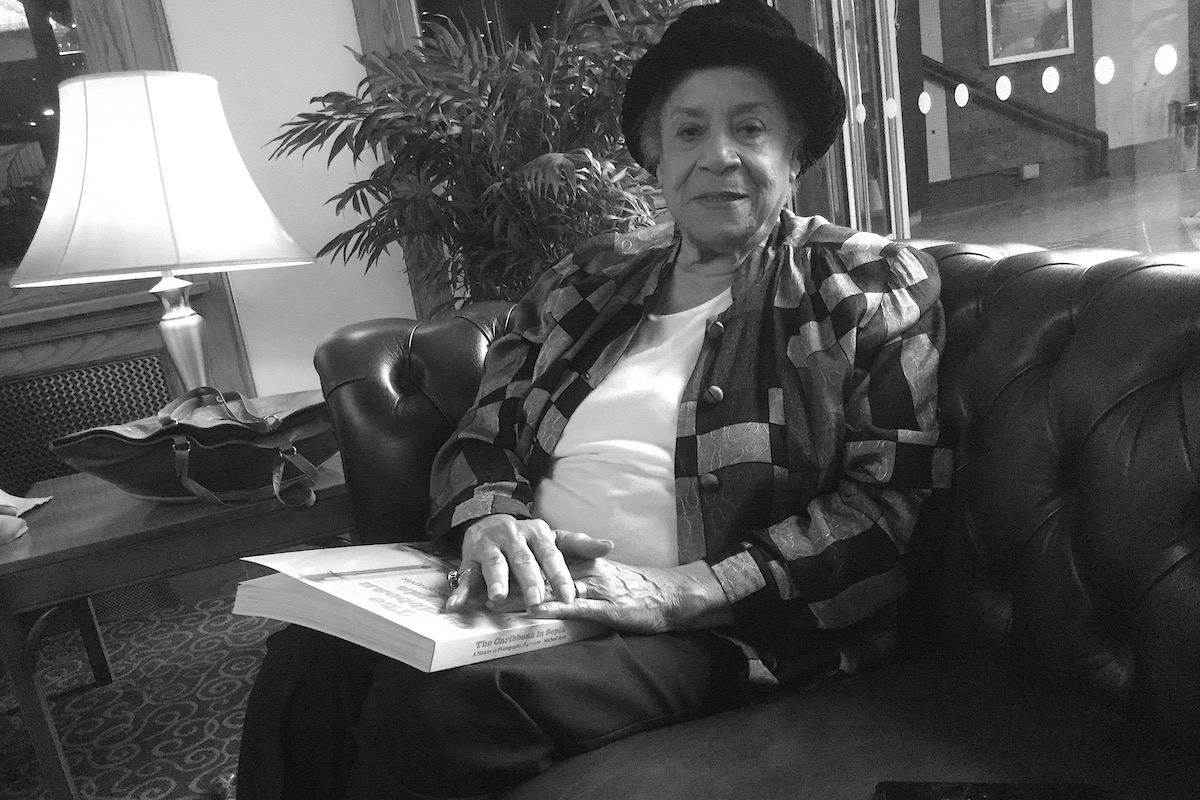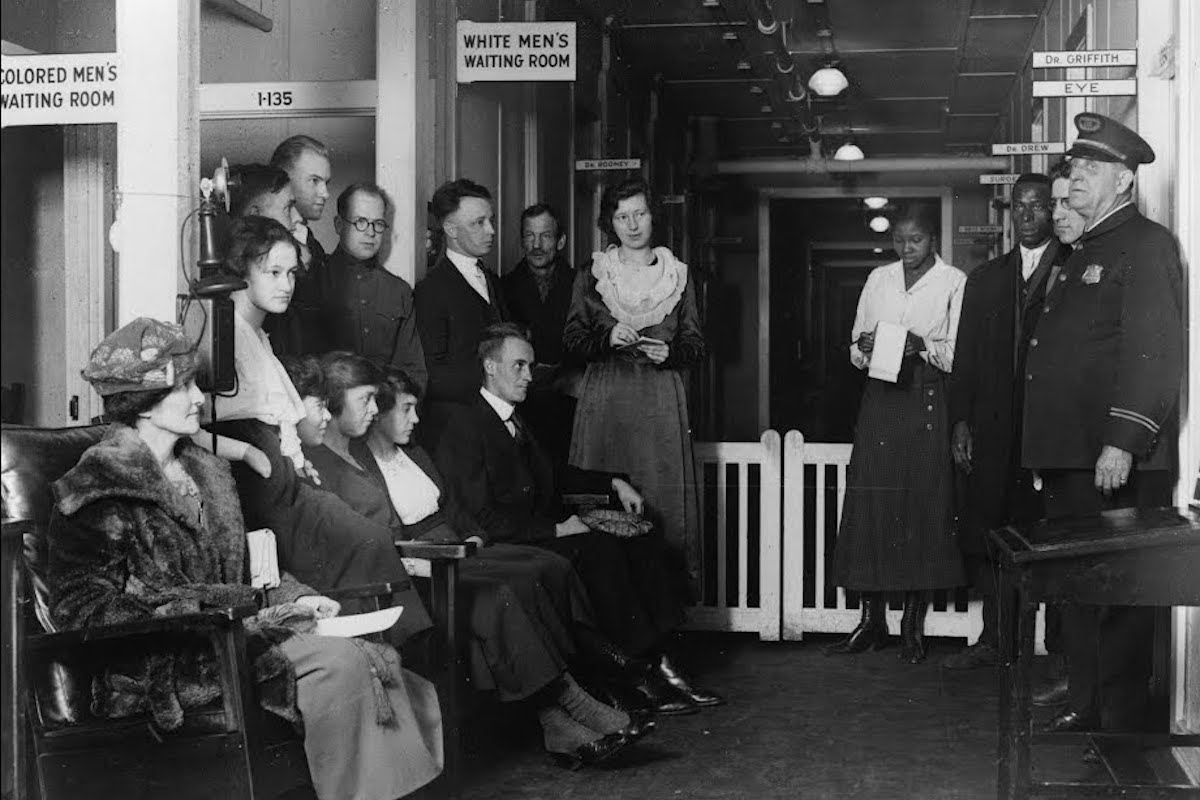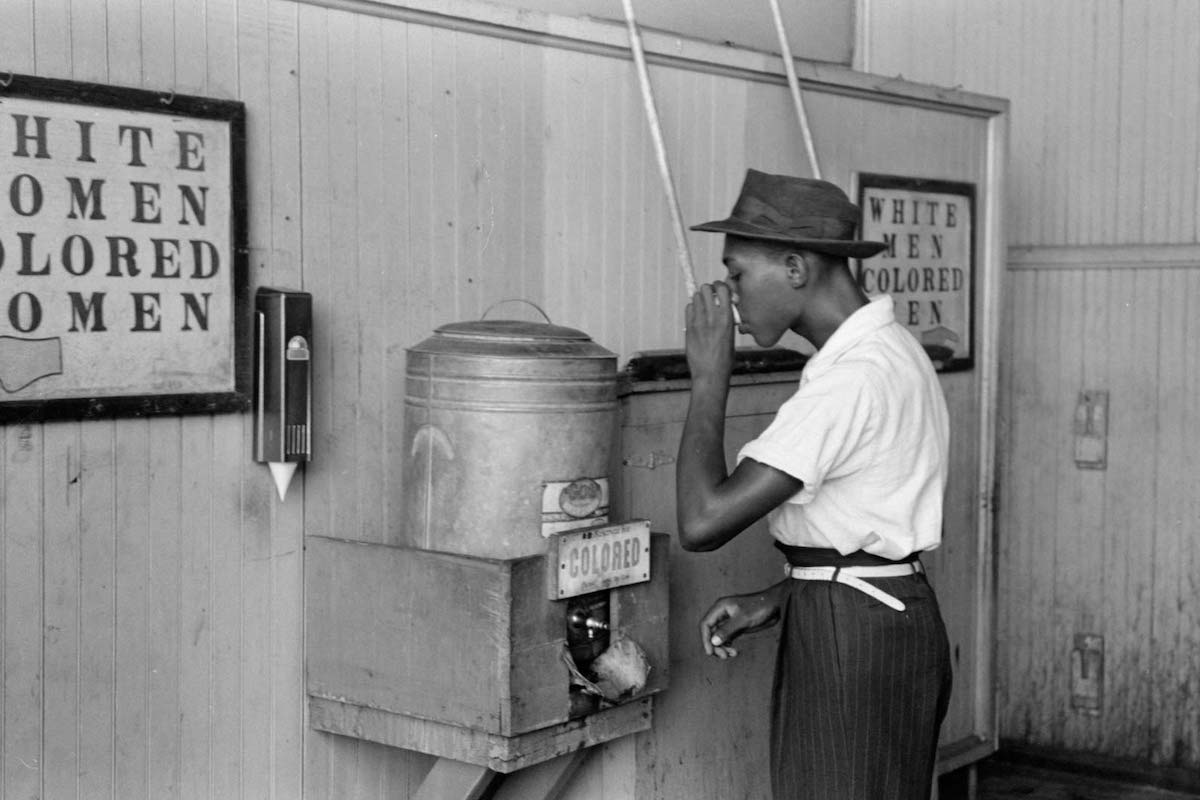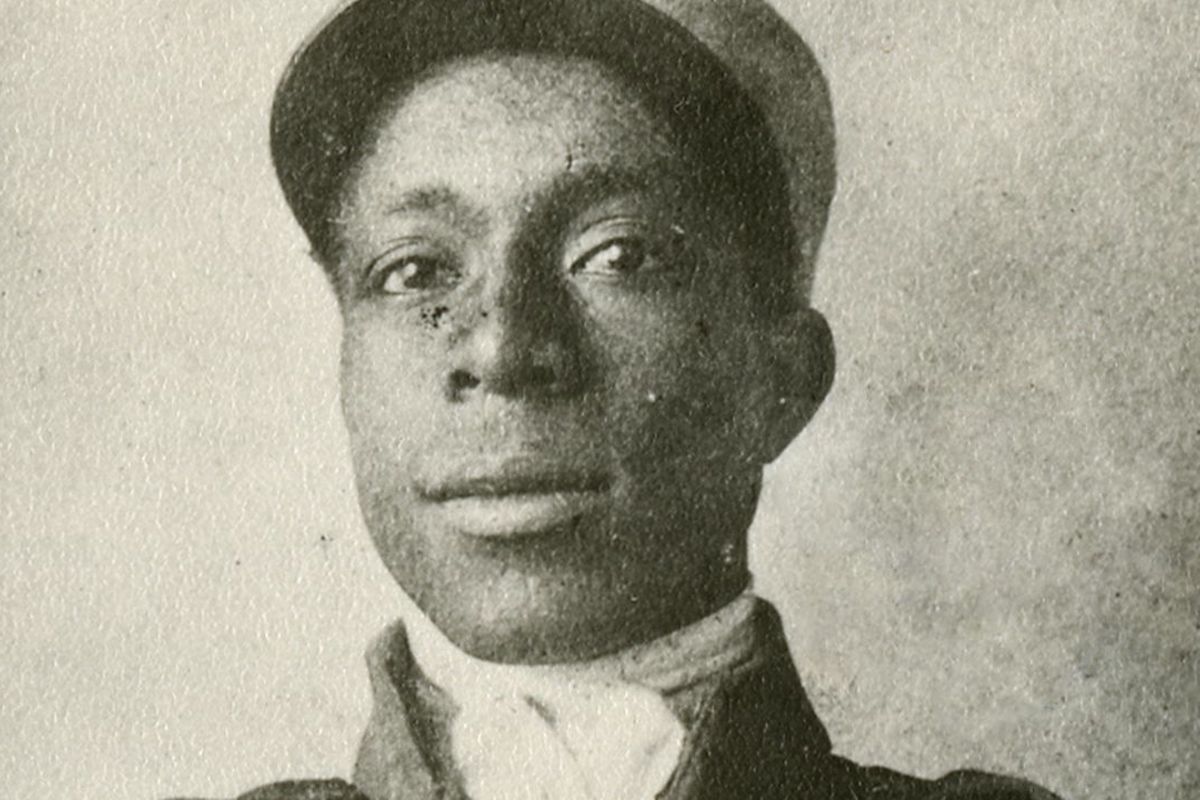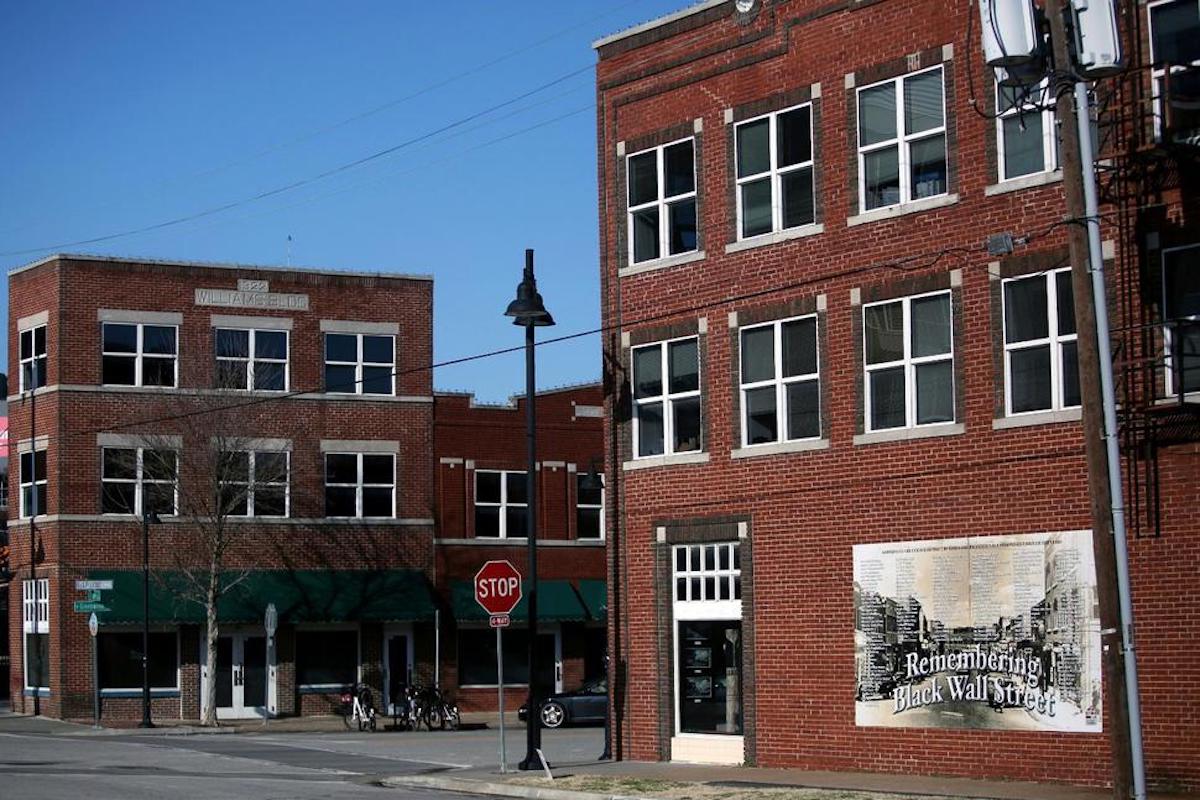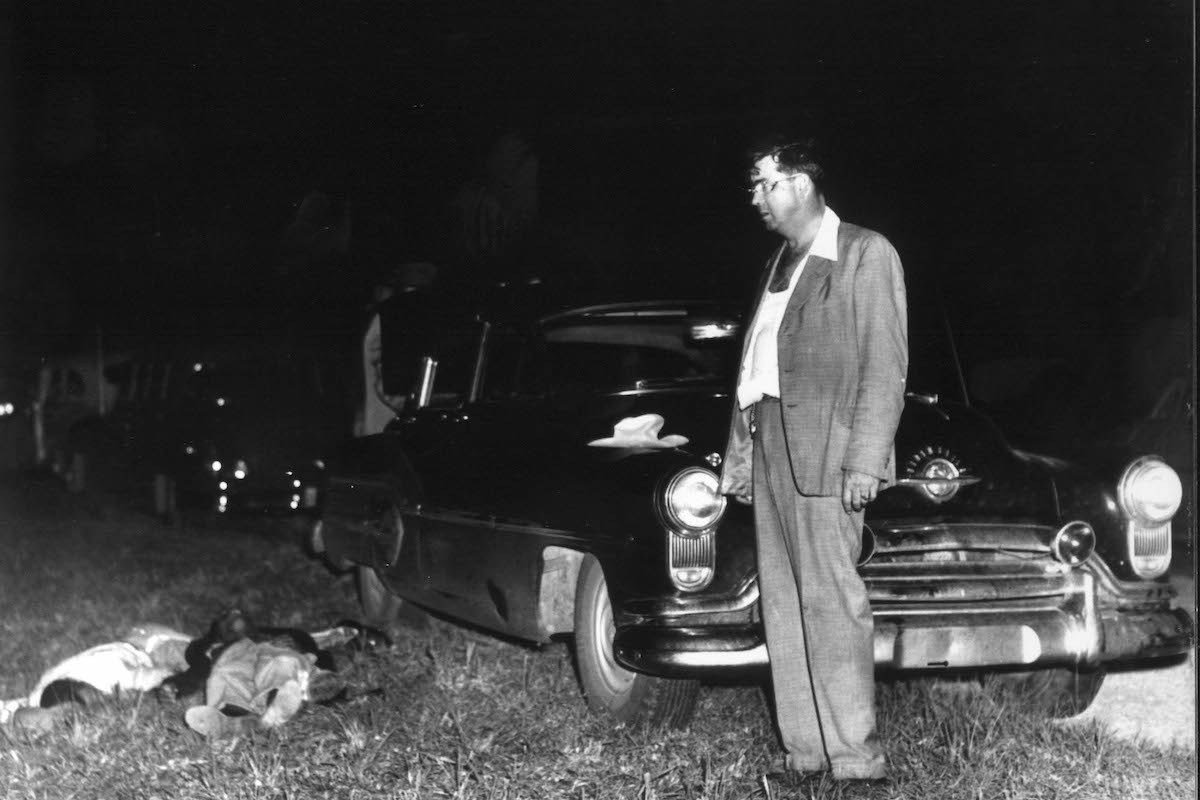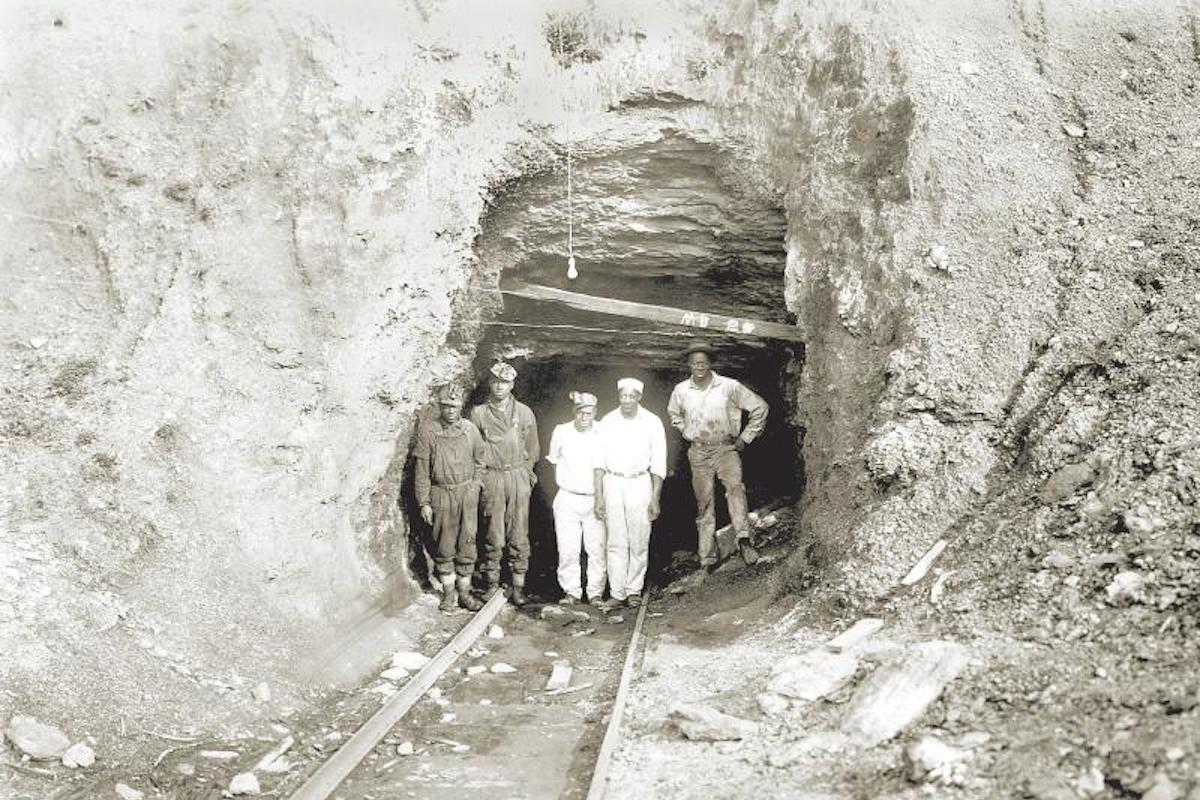By Tammy Joyner and Jasmin S. Lee, Detroit Free Press Here are a few historical examples of how race, and racism, has greatly impacted the health outcomes of African Americans. 1619 to 1730: Africans were enslaved and transported to the American colonies to be treated as property, receiving little to no medical treatment. 1742: Onesimus, a Boston enslaved person, […]
View MoreCategory: Black History
Davis Knight Weds White Woman in Mississippi; Later Indicted for Interracial Marriage | Equal Justice Initiative
On April 18, 1946, in Mississippi, a thirty-two-year-old Navy veteran named Davis Knight married Junie Lee Spradley, a white woman. In June 1948, the state indicted Mr. Knight for violating a law that prohibited “marriage or cohabitation between white persons and those with one-eighth or more Negro or Mongolian blood.” At trial, Mr. Knight insisted […]
View MoreEnslaved Africans Attempt Escape in Washington, D.C.; Later Captured and Punished | Equal Justice Initiative
On Sunday, April 16, 1848, at least seventy-five black men, women, and children were aboard a sixty-four-foot cargo ship nicknamed the Pearl, trying to escape enslavement in the Washington, D.C. area. They set off one day before, because Saturday was a traditional day of rest for enslaved people and the two white abolitionists who charged the ship […]
View MoreTributes pour in to Dame Jocelyn Barrow, a ‘true champion of racial equality’ | Voice Online (UK)
In a long and distinguished career covering six decades she was hailed as a formidable campaigner, patron of the Black Cultural Archives and the first black Governor of the BBC TRIBUTES HAVE flooded in to leading race equality campaigner and educator Dame Jocelyn Barrow who has died. She was 91. Born in Trinidad, Dame Jocelyn […]
View MorePresident Wilson Authorizes Segregation Within Federal Government | Equal Justice Initiative
On April 11, 1913, recently inaugurated President Woodrow Wilson received Postmaster General Albert Burleson’s plan to segregate the Railway Mail Service. Burleson reported that he found it “intolerable” that white and black employees had to work together and share drinking glasses and washrooms. This sentiment was shared by others in Wilson’s administration; William McAdoo, Secretary […]
View MoreSupreme Court Hears Arguments in Plessy v. Ferguson | Equal Justice Initiative
On April 13, 1896, the United States Supreme Court heard arguments in a case challenging racial segregation laws in Louisiana. Homer Plessy, a black man who had been arrested for boarding a “white only” passenger car, argued that the state segregation law violated the Thirteenth and Fourteenth Amendments, which abolished slavery and established equal protection of the laws. […]
View MoreThe First Black Figher Pilot
WHY YOU SHOULD CAREBecause this extraordinary World War I soldier is still being left out of the story 100 years later. You never know who you’re sharing an elevator with — and back when Rockefeller Center still had elevator operators, it was easy to ignore the elderly Black man in the corner. Neither Eugene Bullard […]
View MoreTulsa’s Former Black Wall Street to Be Modernized With Grant | U.S. News
A $500,000 grant from the National Park service will be used to renovate buildings along Tulsa’s former Black Wall Street. TULSA, OKLA. (AP) — A $500,000 grant from the National Park service will be used to renovate buildings along Tulsa’s former Black Wall Street, nearly 100 years after the area was largely destroyed and as many […]
View MoreSupreme Court Reverses Wrongful Conviction in Florida; Sheriff Later Shoots Both Defendants | Equal Justice Initiative
In 1949, four young black men were arrested and accused of rape in Groveland, Florida. The case, which hinged on the allegation of a young white woman with inconsistent stories of the offenses, came to be known as the “Groveland Four” and forever changed the lives of the four defendants: Earnest Thomas, who was lynched […]
View MoreAlabama Mine Explosion Kills 128 Miners—Nearly All Black Men Forced To Work As Leased Convicts | Equal Justice Initiative
On April 8, 1911, the Banner Mine near Birmingham, Alabama, exploded, killing 128 mine workers. According to the official investigation report, “about 90 percent were negro convicts. The other men in the mine were white convicts and free negroes who were employed as shot firers and foremen.” By 1910, the State of Alabama had become […]
View More
